Discover Stuff You Missed...In The Bible...In Church History
Stuff You Missed...In The Bible...In Church History

Stuff You Missed...In The Bible...In Church History
Author: M. David Hancock
Subscribed: 531Played: 5,744Subscribe
Share
© Copyright 2018 Stuff You Missed... In the Bible, In Church History. All rights reserved.
Description
Curiosity. This ingredient alone led to the creative Podcast: "Stuff You Missed: In the Bible, In Church History." What is really going on behind the scenes? What am I missing? What context led to historical events such as the Inquisition, the Crusades, the Salem Witch Trials, the Holocaust, etc... And what am I missing in the context of the Bible that is not explicit in the text? Each Podcast is designed to mine those wonderful insights and help us all better understand stuff we have been missing.
63 Episodes
Reverse
#46 - "Why Paul Must Take a Back Seat to Jesus - The key ingredient to properly approaching and interpreting the NT."Let's explore a controversial but important thesis that may help us approach the New Testament in a more mature way and could help us clear up many errors in the process, “Start with Paul and you will see Jesus incorrectly, start with Jesus and you will see Paul much differently.” For any questions or comments, please email me: mdavidhancock@gmail.com
In Episode #45 we tackle the often confusing and mysterious question that many Christians have fretted over, "What is the Unpardonable Sin?" You will be surprised that the teaching is found in one of the most famous teachings in all of the Old Testament. It isn't a mystery, it is very clear, it is concrete. Join us to find out, "What is the Unpardonable Sin?"To reach out with any questions or comments, please email at: mdavidhancock@gmail.com
Most of us are curious about the details of culture that surrounded Jesus' day that we don't know about. Often we are surprised when the historical facts contradict the tradition that we have been taught. In Episode #44 we explore, "5 Things Most People Don't Know About the NT." You will find these things enlightening, maybe even a little provocative, and I hope clarifying in our constant pursuit of truth in our understanding scripture. If you have comments, thoughts, or just want to drop me a line please contact me through my email: mdavidhancock@gmail.com
Our approach to conversion... Is our process today of "raising our hands" to receive Christ or praying a "20 second prayer" creating strong disciples? What kind of process did Jesus employ for people wanting to convert? In this podcast David will explore our current approach to conversion within Western Christianity and contrast it with a surprising approach from Judaism. It is a challenging subject that will make you think. If you would like to email David and share your thoughts or questions, please email at: mdavidhancock@gmail.com
In our episode #42 I will explain my absence recently and why I was out for a while, and then we will look at Luke 11:1 when one of Jesus disciples ask Jesus, "Lord teach us to pray." We will do a deep dive into the Lord's prayer in our titled episode, "The Lord's Prayer is not quite what you thought it was." If you would like to reach out with any questions, thoughts, etc... you can reach me on my email at: mdavidhancock@gmail.com
Are Today's Preachers Weakening The Gospel? The Challenge of Modern Day Sophists. Paul had a lot to say about many preachers in his day who were relying more on the power of their own oratory to move people, than they were about the content and power of the message of the Gospel. Paul had the same dilemma that we have today, where showmanship and polished rhetoric took precedence over the truth of the gospel. Explore with us how the Sophists greatly influenced the Greco-Roman world and the church's viewpoint of power.To comment or share your thoughts, I would love to hear from you. Email me at: mdavidhancock@gmail.com
What can Galileo teach us today? Many of us know the name Galileo. But few know what he did, the context which he operated in, and the problematic headwinds that he faced in trying to overcome centuries of tradition, theological assumptions and constructs in the church when it came to some of his scientific discoveries. Learn more about the man Galileo, the difficulty in his heresy trial, and the lessons that we can learn and apply in our context of faith and science...
Also, I'm indebted to the great biographer Michael White for his indispensable book on Galileo and his work, "Galileo: The AntiChrist." For a more in depth study on Galileo I highly recommend his work which I've linked here.
Who are the Nephilim in Genesis 6? One of the questions that I get asked most frequently over the years is the strange passage found in Genesis 6. I always get asked, “Who are the Nephilim?” You may be surprised that the most plausible answer is rather simple, and not as complex and bizarre as two of the most common theories espouse. Learn more...
5 Books I Love, That You May Have Never Heard Of... I love what Socrates said about reading and learning, “Employ your time in improving yourself by other men’s writings so that you shall come easily by what others have labored hard for.” This is the heart of my passion for reading great books. In this last episode of 2019, I provide 5 books from have shaped me, guidelines on how to read books, and links to some of these books that many haven't heard of...
Book #1: "Our Father Abraham: Jewish Roots of the Christian Faith" by Dr. Marvin Wilson. (Theological) Wonderful theological and challenging work to how you look at and study scripture. Although the roots of Christianity run deep into Hebrew soil, many Christians are regrettably uninformed about the rich Hebrew heritage of the church. This volume delineates the link between Judaism and Christianity, between the Old and the New Testament, and calls Christians to reexamine their Hebrew roots so as to effect a more authentically biblical lifestyle.
Book #2: "Constantine's Sword: The Church and the Jews" by James Carroll. (History) Carroll maps the profoundly troubling two-thousand-year course of the Church’s battle against Judaism and faces the crisis of faith it has provoked in his own life as a Catholic. More than a chronicle of religion, this dark history is the central tragedy of Western civilization, its fault lines reaching deep into our culture.
Book #3: "Silence" by Shusaku Endo. (Historical Ficiton) Seventeenth-century Japan: Two Portuguese Jesuit priests travel to a country hostile to their religion, where feudal lords force the faithful to publicly renounce their beliefs. Eventually captured and forced to watch their Japanese Christian brothers lay down their lives for their faith, the priests bear witness to unimaginable cruelties that test their own beliefs.
Book #4: "Tatoos on the Heart: The Power of Boundless Compassion" by Gregory Boyle. Gregory Boyle has run Homeboy Industries, a gang-intervention program located in the Boyle Heights neighborhood of Los Angeles, the gang capital of the world. In Tattoos on the Heart, he distills his experience working in the ghetto into a breathtaking series of parables inspired by faith.
Book #5: "Everything Belongs: The Gift of Contemplative Prayer" by Richard Rohr. This popular and bestselling book of the renowned Franciscan challenges people to move beyond the comfort of a settled life toward an understanding of themselves that is rooted in their connection to God. Only when they rest in God can they find the certainty and the freedom to become all that they can be. Contemplation has its place at the heart of Christianity, a place that allows people to experience how “everything belongs.”
Who has impacted our theology more than any other? One of my favorite questions to ask people is, “Who has had the largest single impact on church doctrine and theology the last two-thousand years?” Most answer with Jesus or the Apostle Paul, and of course I can't argue with that... But outside of scripture who has had the greatest impact, whether it has been for the good or at times to the detriment of the church, on our theology? In this episode, find out who, why, and their key doctrinal ideas...
Part 2 of "True Christians Never Get Depressed? Reconciling Faith & Mental Health." We move towards a healthier hermeneutic in our case study passage of Matthew 17, where a religious father brings his son who is tormented by seizures and Jesus heals the young man. This passage becomes a case study in how we truly reconcile the chasm we have in the church towards the mental health spectrum.
If you are struggling with depression or any other mental health spectrum issue or if you have a loved one or a friend, then you will not want to miss the 5 Guidelines at the end of the podcast that will help us bridge this great divide!
Here is a link to the book, "Learning To Breathe Under Water - Managing Depression in the Sea of Religion."
True Christians Never Get Depressed? Really? One of the most difficult and misunderstood subjects within Christianity and faith in general, is how do we try and reconcile genuine faith with the issue of depression and other related mental health issues on the spectrum? No doubt it is a very tough question to answer, but answer I will try.
This subject is spilt into a Part 1 and Part 2. Part 1 helps us build the framework of the severity of the issue within the faith community, and begins to build a framework towards a healthier hermeneutic. While Part 2 will dive deep into several key passages in the New Testament to try and bridge the gap between scripture and mental health.
As mentioned in this episode, I have written a book on this subject titled, "Learning To Breathe Underwater: Managing Depression in the Sea of Religion." You can get the book via paperback or Kindle. Click here
Are all teachings of scripture equal? How do we discern between two biblical truths? How do we weigh the difference when we see two scriptural truths that look like they are in conflict? Can one scripture or one truth cancel or equalize another? How do we know which one to act upon? How do we know how to prioritize truth, without diminishing the lighter truth? Click to listen...
In Episode #33, I want to take a deeper dive inside the context of the Roman culture: their methodologies of punishment in relation to identifying the person’s crime, which crimes within the Roman culture had the highest form of punishment, why this phrase, “King of the Jews” was not a unique phrase used just for Jesus, but was a phrase that had been carved into many plaque’s of the crucified, and why this phrase was significant to the story of Jesus’ mission.These are some of the questions we will explore in this episode titled, “What did the sign on the cross mean, “King of the Jews?” So let’s get started.
Many of us don't know who the author of the book of James is. Some think he is one of the two original disciples, but it surprises many when I tell them it is actually Jesus' brother. James was the leader of the early church, and was truly a righteous man who stood up for the marginalized, the poor, those who had no voice, and was a prophet against religious injustice. In this episode, you will find out the context of the man, the context of his times, and why in the context of Judaism he was considered a Tzedek (a righteous devout follower of God and the Hebrew Scriptures).
Baptism... It is such an odd word and concept when the etymology and context is absent. We all find it meaningful, but what is it? Where did it come from? And why does it matter? Come on a journey to see the concept of baptism wasn't invented by John the Baptist or Jesus, but was a practice that had already been around for hundreds of years. Find out more.
In this episode I reveal my biggest fears that led me to search for natural solutions to balance hormones.
Did Jesus go by another name? If so, what did he hear phonetically? Was Jesus' name unique or was it a very common name? Was "Christ" his last name? Why is it important to understand his original name and background?
Journey with us as we answer these questions and more in our Episode #30, "Did Jesus go by another name?"
In this episode I discuss the amazing detoxification, menstrual, and reproductive health benefits of using castor oil packs.
The ultimate abuse of any child, is sexual misconduct. To be in a trusted position, a place of authority, a person of faith and to destroy the soul of a child is the ultimate act of evil. In the last 24hrs it has been reported by the Houston Chronicle a breaking scandal within the SBC - Southern Baptist Convention, where over 700 victims have been sexually abused by pastors and leaders. This news story, Part 1 of 3 of the Houston Chronicle is sure to be the tip of the iceberg.
As a pastor of over 25 years and as an insider, I want to provide some thoughts on the horrible abuse. In this episode I want to explore what went wrong, and more importantly provide a pastor's (insiders) view of what may be some possible remedy's that would greatly help curb this kind of systemic evil.


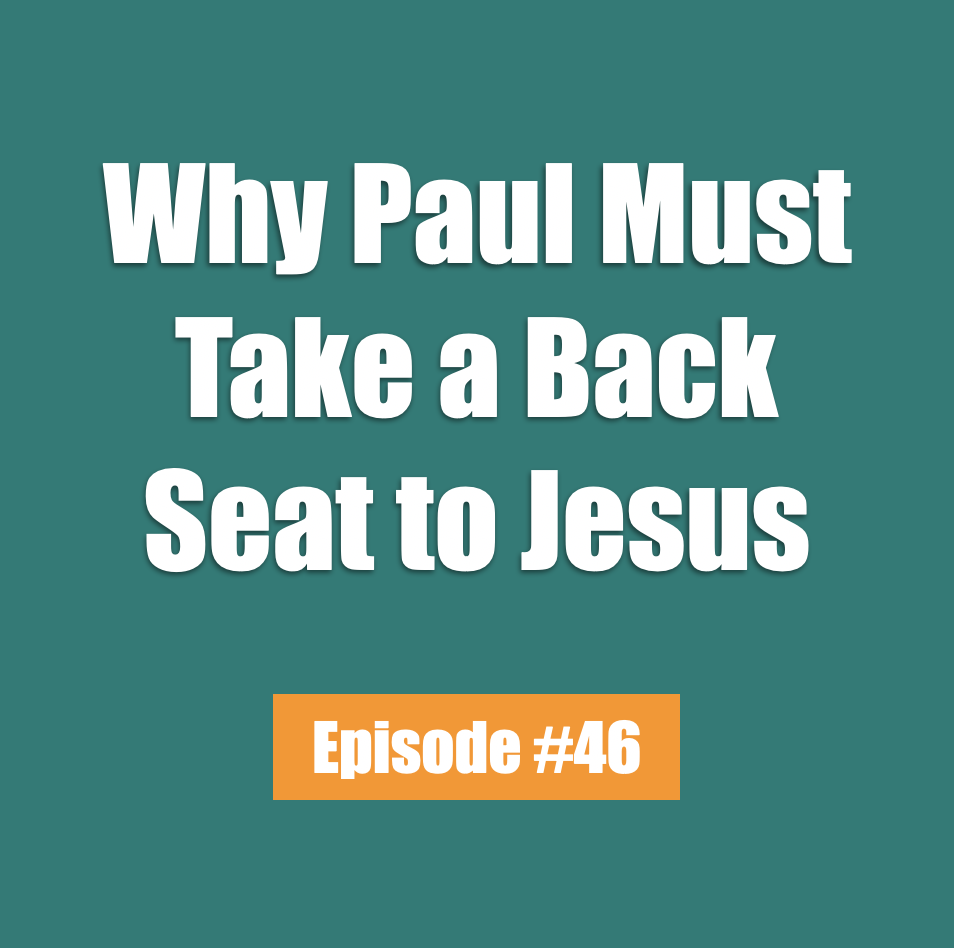
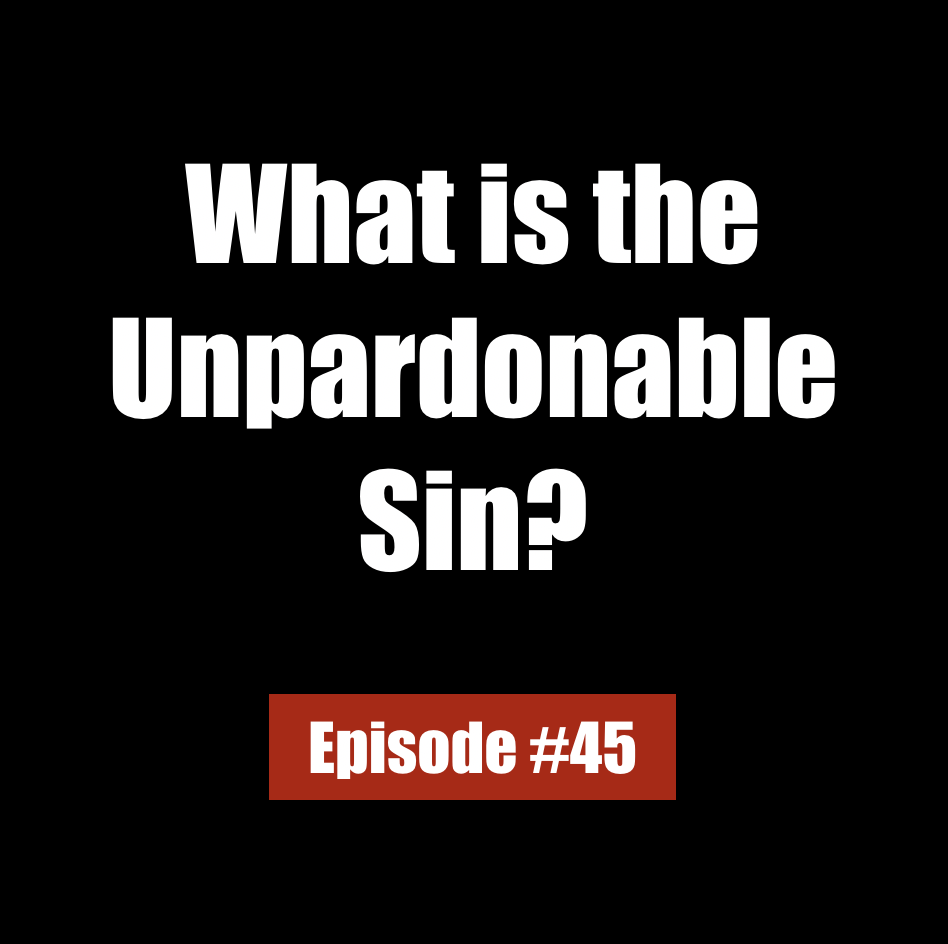
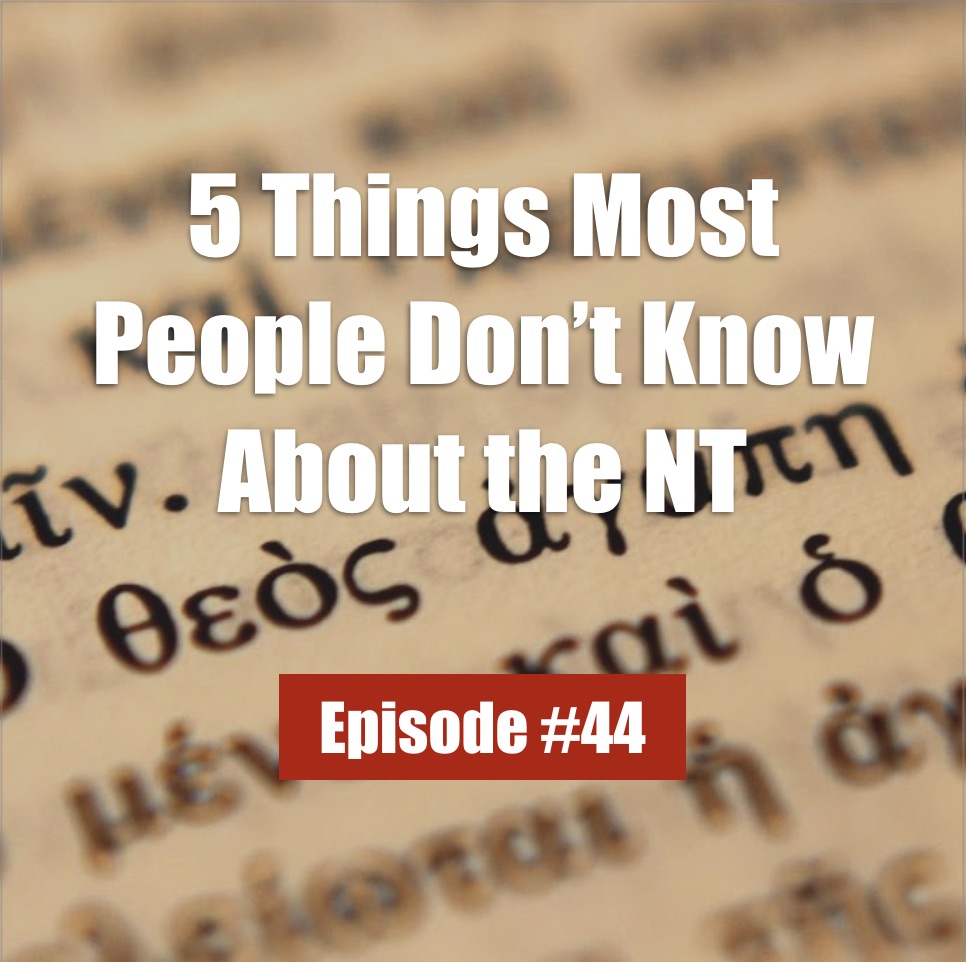







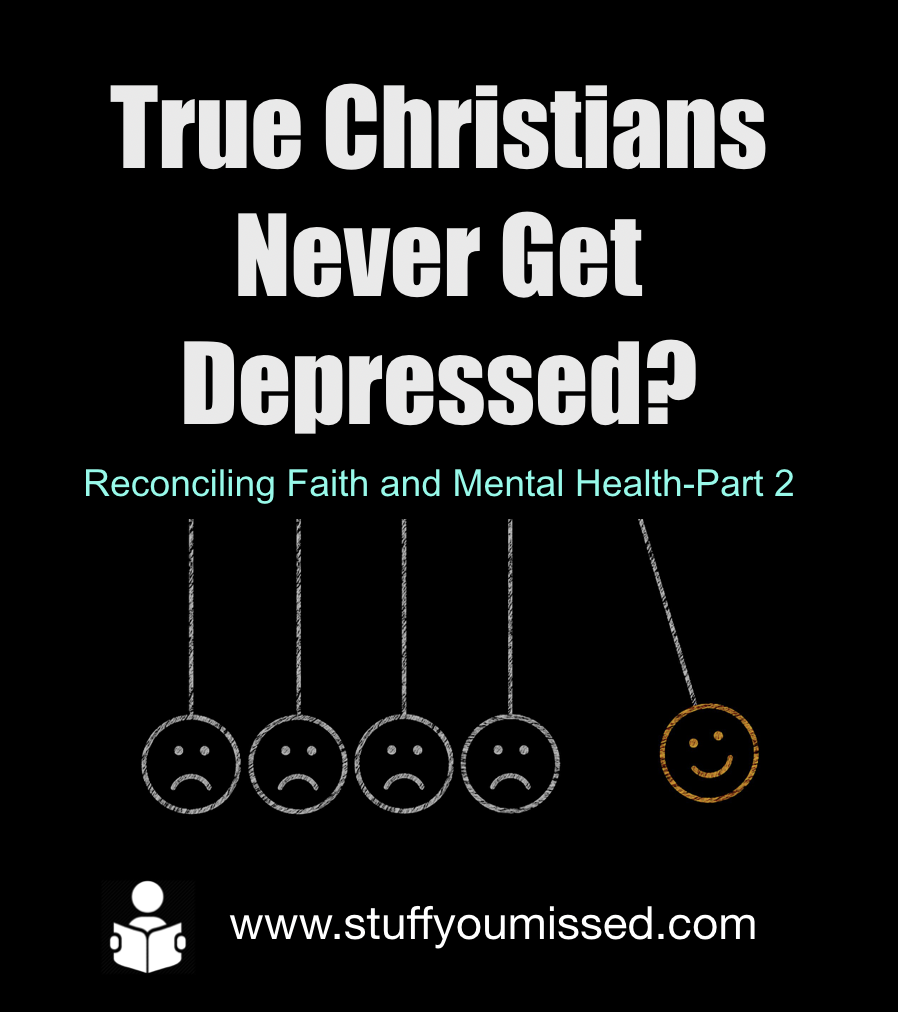



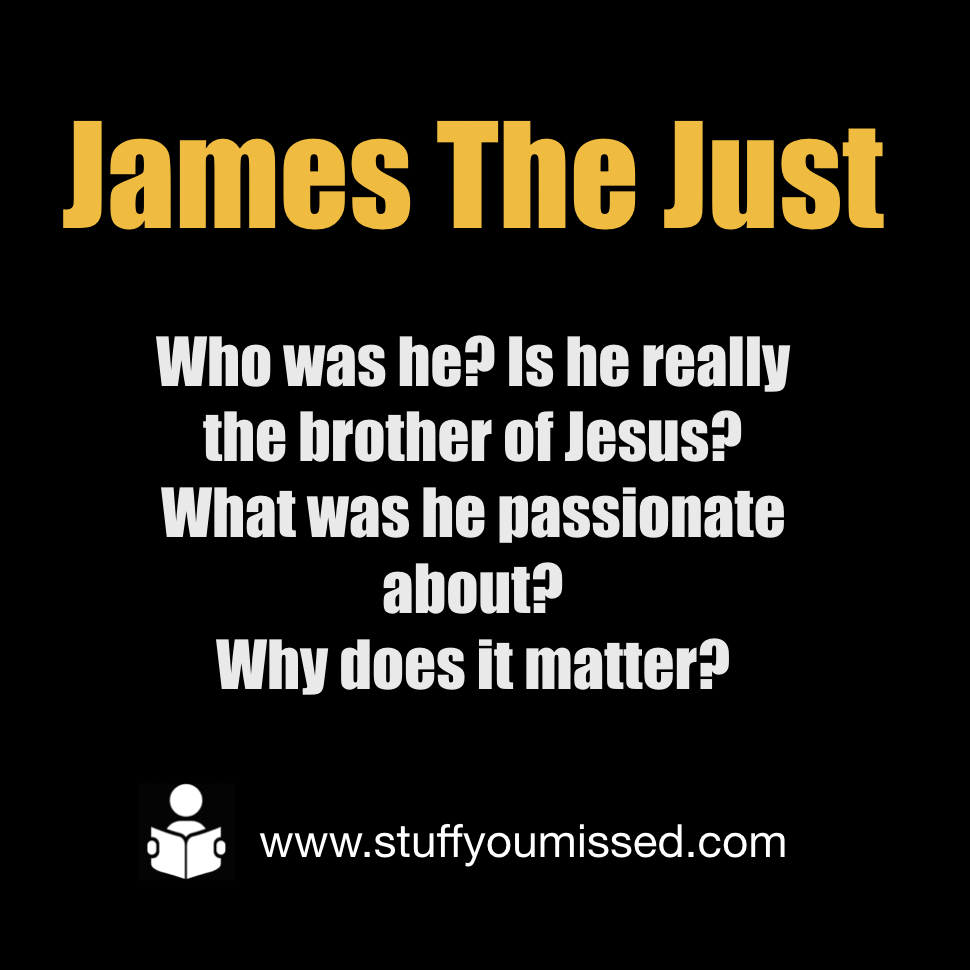

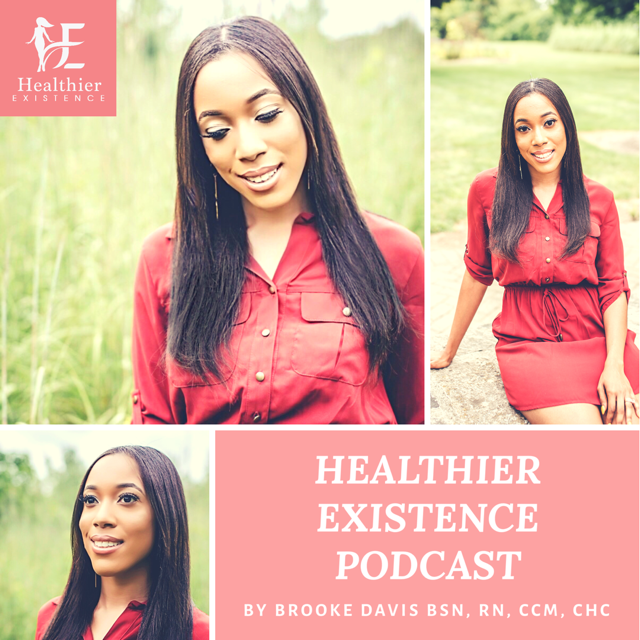





Thank you! Thank you! Thank you! This is a topic the Church needs to talk about. I live with depression and can't talk to my brothers and sisters about it because there is so much misunderstanding. This is awesome.